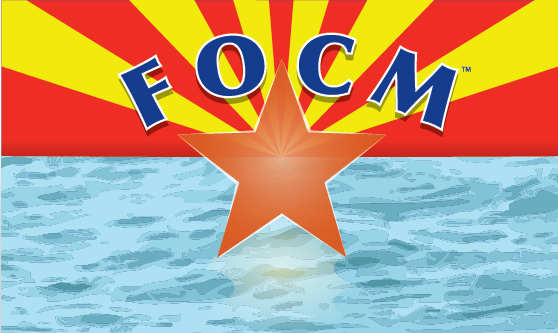I liked this blog by Jeff Haden entitled: 40 Incorrectly Used Words That Can Make You Look Dumb. You can read the full article at:
https://www.linkedin.com/pulse/article/20141203134446-20017018-40-incorrectly-used-words-that-can-make-you-look-dumb?trk=object-title
A few examples are:
Adverse and averse
Adverse means harmful or unfavorable: “Adverse market conditions caused the IPO to be poorly subscribed.” Averse refers to feelings of dislike or opposition: “I was averse to paying $18 a share for a company that generates no revenue.”
Affect and effect
Verbs first. Affect means to influence: “Impatient investors affected our roll-out date.” Effect means to accomplish something: “The board effected a sweeping policy change.”
How you use effect or affect can be tricky. For example, a board can affect changes by influencing them and can effect changes by directly implementing them. Bottom line, use effect if you’re making it happen, and affect if you’re having an impact on something that someone else is trying to make happen.
Compliment and complement
Compliment means to say something nice. Complement means to add to, enhance, improve, complete, or bring close to perfection.
I can compliment your staff and their service, but if you have no current openings you have a full complement of staff. Or your new app may complement your website.
Discreet and discrete
Discreet means careful, cautious, showing good judgment: “We made discreet inquiries to determine whether the founder was interested in selling her company.”
Discrete means individual, separate, or distinct: “We analyzed data from a number of discrete market segments to determine overall pricing levels.” And if you get confused, remember you don’t use “discretion” to work through sensitive issues; you exercise discretion.

I can add some words you’ve been using incorrectly this whole time –
CRITERIA (example) – I only have one criteria for dating the opposite sex, and that’s a heartbeat. ‘Criteria’ is the plural of criterion. One criterion: multiple criteria.
HISTORIC (example) – There’s historic evidence which suggests this was a historical day. Historic means “of significance” and historical refers to a point in the past. Switch them around and the sentence makes more sense.
PHASE (example) – I wasn’t phased by it. Phase means a stage of development. What you really mean to use is faze – which means to disturb or disconcert. Unless you were shot at with a phaser from Star Trek, in which case you can say phased if you want to (though it’s still technically incorrect, by gum I’ll allow it).
IRREGARDLESS (example) – Irregardless of what you might say, I’m going ahead with the plan. Irregardless isn’t even a word, you ninny! It’s regardless!
REFUTE (example) – Caramel Kit Kats are not the best; I refute that Peanut Butter Kit Kats are obviously better. To prove with evidence. If you can produce survey results of a decent enough sample size, perhaps alongside an organic chemist who can explain one flavour having a more positive effect on tastebuds than the other, then you can probably refute that Peanut Butter is the best. If not, you’re just disagreeing.